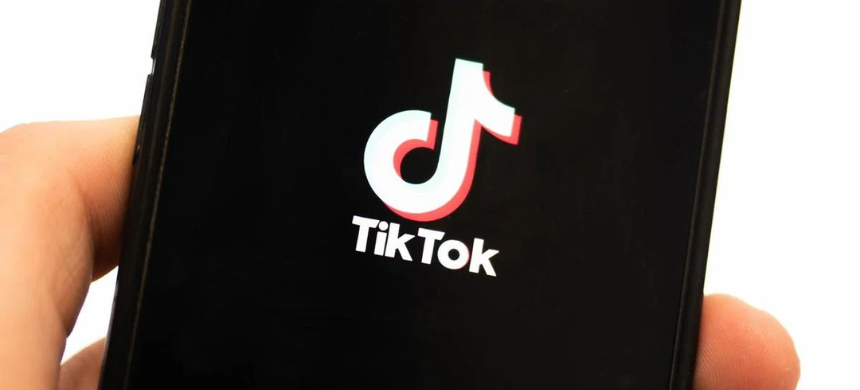TikTok Faces Shutdown in U.S. Amid Supreme Court Ruling and National Security Concerns
Washington, D.C. – TikTok has warned that it may be forced to go dark in the United States on January 19, unless the Biden administration offers assurances to service providers like Apple and Google that they will not face penalties under a newly upheld ban. The threat follows a Supreme Court decision that supports the law barring TikTok from operating in the U.S. unless its Chinese parent company, ByteDance, divests from the app.
The unanimous 9-0 ruling by the Supreme Court has left 170 million American TikTok users uncertain about the app’s future. ByteDance has made limited progress in meeting the divestment deadline, prompting former President Donald Trump, who is set to resume office on Monday, to indicate plans to intervene and potentially save the app.
Supreme Court Upholds Ban
The Supreme Court’s ruling solidifies the TikTok ban, which was passed last year with overwhelming bipartisan support in Congress. The legislation, signed by President Joe Biden, prohibits U.S. service providers from offering TikTok unless ByteDance relinquishes control. Despite efforts by TikTok to challenge the law, the court ruled that the ban does not violate the First Amendment right to free speech.
The court emphasized that TikTok’s massive user base and its vulnerability to foreign influence make it a national security concern. The app’s extensive data collection, along with the potential for espionage and data harvesting by Beijing, justified the need for differential treatment, according to the ruling.
Read More: President Biden Sets TikTok Ban Deadline in US
Users React to Looming Shutdown
The threat of a shutdown has sparked panic, particularly among the app’s millions of users. Houston-based influencer Lourd Asprec, with over 16 million followers, expressed frustration, saying, “I don’t even care about China stealing my data. If anything, I’ll go to China myself and give them my data.” The app has become a central platform for young Americans, with its algorithm fueling engagement through personalized content.
Potential Interventions and Political Maneuvering
The Biden administration has not signaled any intention to delay the January 19 deadline, leaving the matter to the incoming administration. Donald Trump, who previously attempted to ban TikTok in 2020, has hinted at using emergency powers to keep the app operational. “My decision on TikTok will be made in the not-too-distant future, but I must have time to review the situation. Stay tuned!” Trump said via social media.
TikTok CEO Shou Zi Chew is expected to attend Trump’s inauguration in Washington on Monday, fueling speculation about potential negotiations to resolve the app’s uncertain future.
Lawmakers Reconsider Ban’s Implications
Despite bipartisan support for the ban, some lawmakers are beginning to reconsider its broader implications. A growing number of voices in Congress are calling for measures that would allow TikTok to continue operating in the U.S., even as concerns over national security remain at the forefront.
Business Impact and Service Provider Dilemma
The ban could have widespread consequences for companies like Apple, Google, and Oracle, which provide critical services for TikTok’s operations. These firms face heavy fines if they continue to support the app after the ban takes effect. Apple and Oracle have yet to comment, while Google has remained silent.
A shutdown of TikTok would also affect millions of small businesses and influencers who rely on the platform for marketing and revenue generation. Many users have already begun migrating to other platforms, including Chinese-owned apps like RedNote, though these alternatives come with their own challenges, such as language barriers.
TikTok’s Future: Divestment or Intervention?
Experts suggest that TikTok’s future depends on whether ByteDance is willing to divest or if Trump intervenes to preserve the app’s operations. Frank McCourt, former owner of the Los Angeles Dodgers, has emerged as a potential buyer of TikTok, estimating its value at $20 billion without its proprietary algorithm.
According to Michael Sobolik, a senior fellow at the Hudson Institute, “Beijing needs TikTok more than Washington does”, and with that leverage, Trump may have a better chance at ensuring the app’s continued presence in the U.S. without posing national security risks. The ongoing saga surrounding TikTok’s fate remains at the crossroads of technology, politics, and national security.











